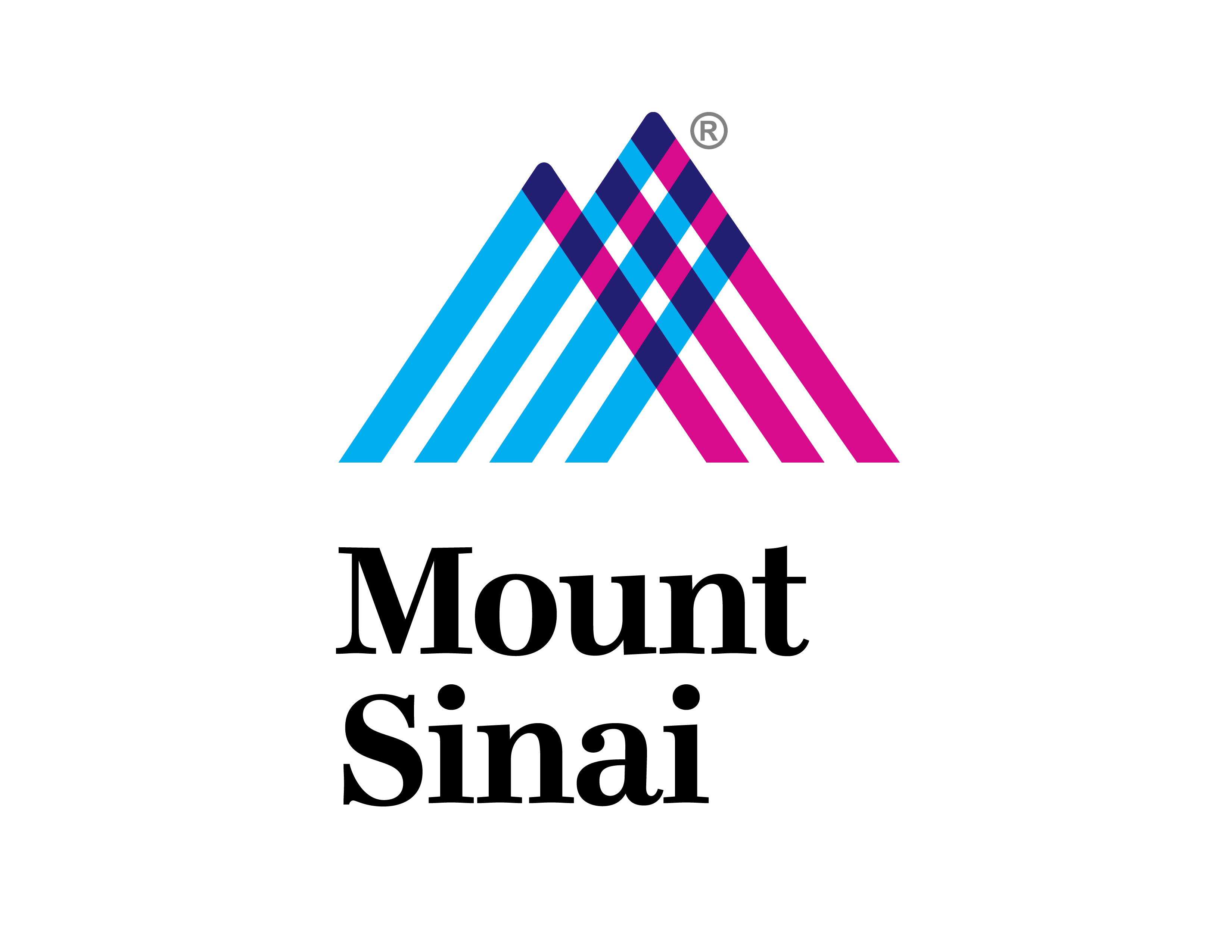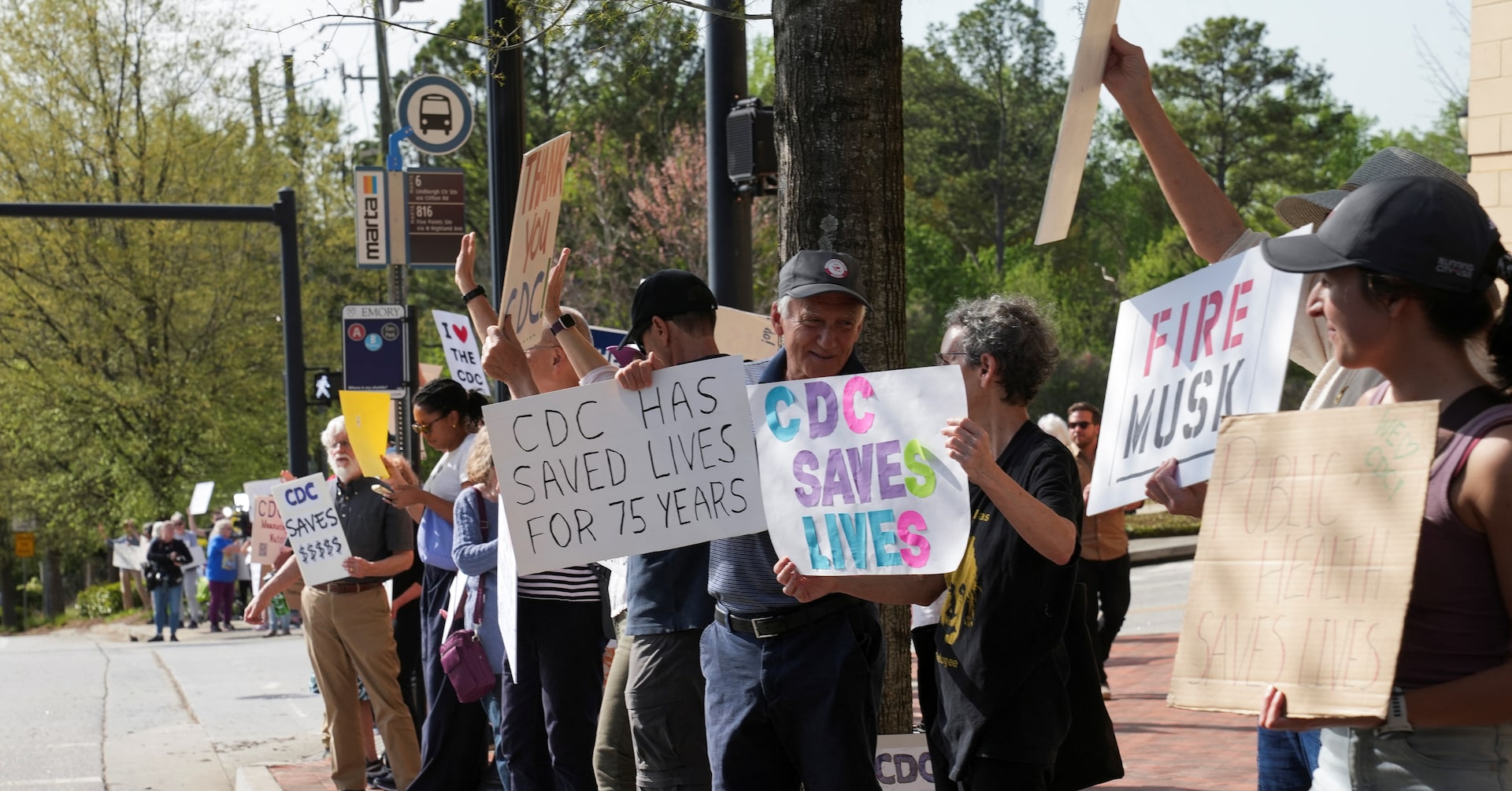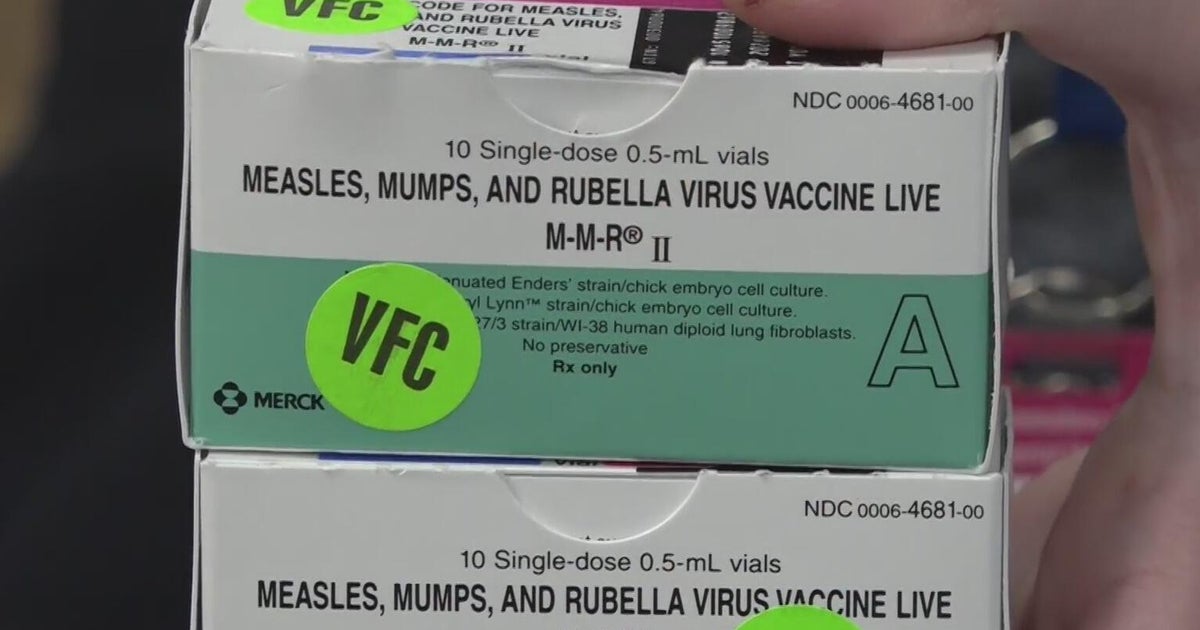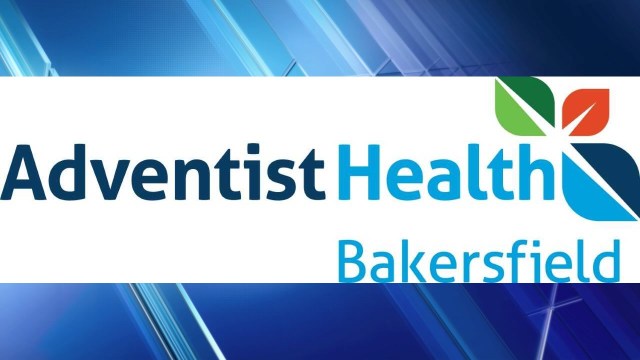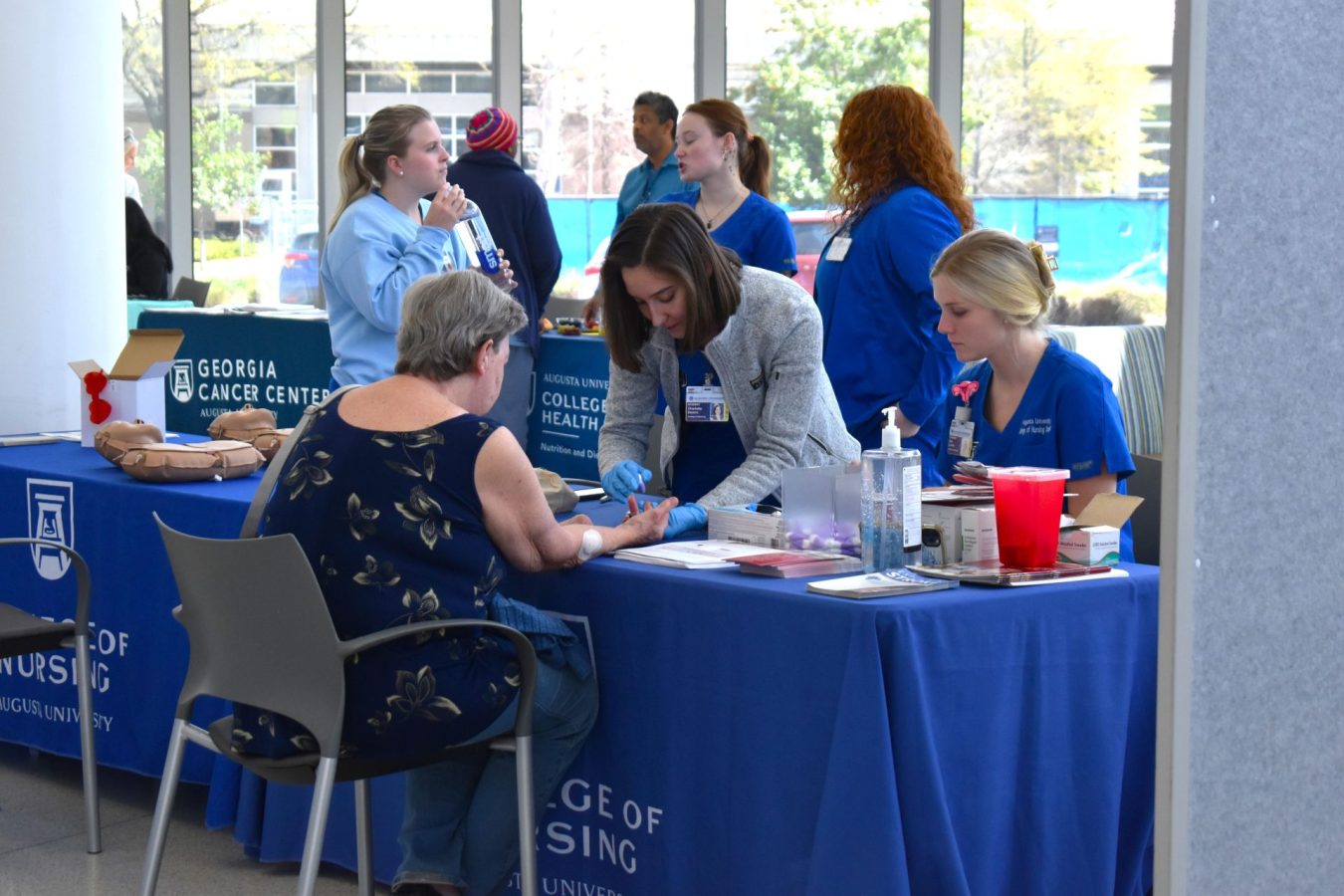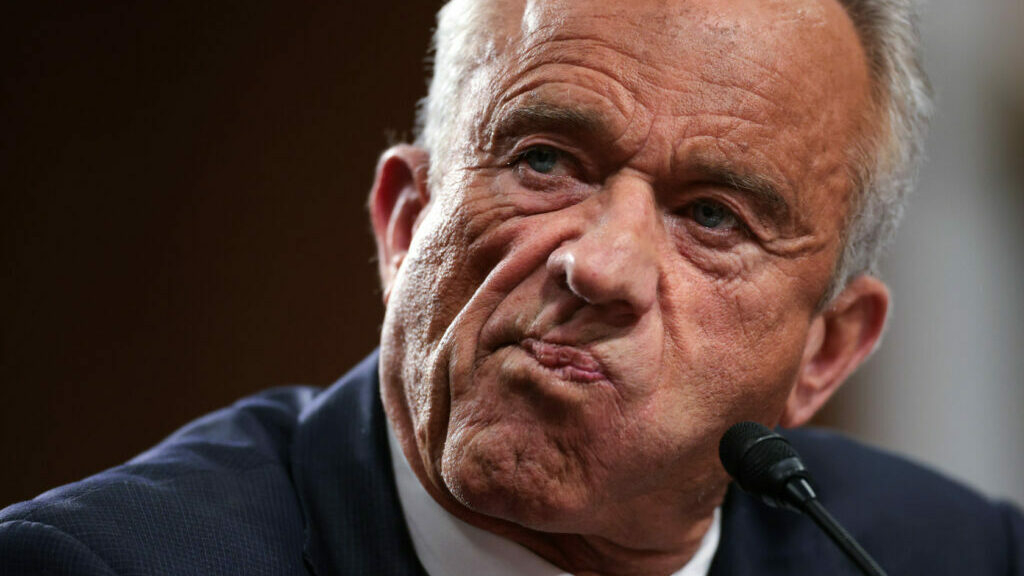Youth Mental Health Heroes: Cape May's Innovative Teen Training Program
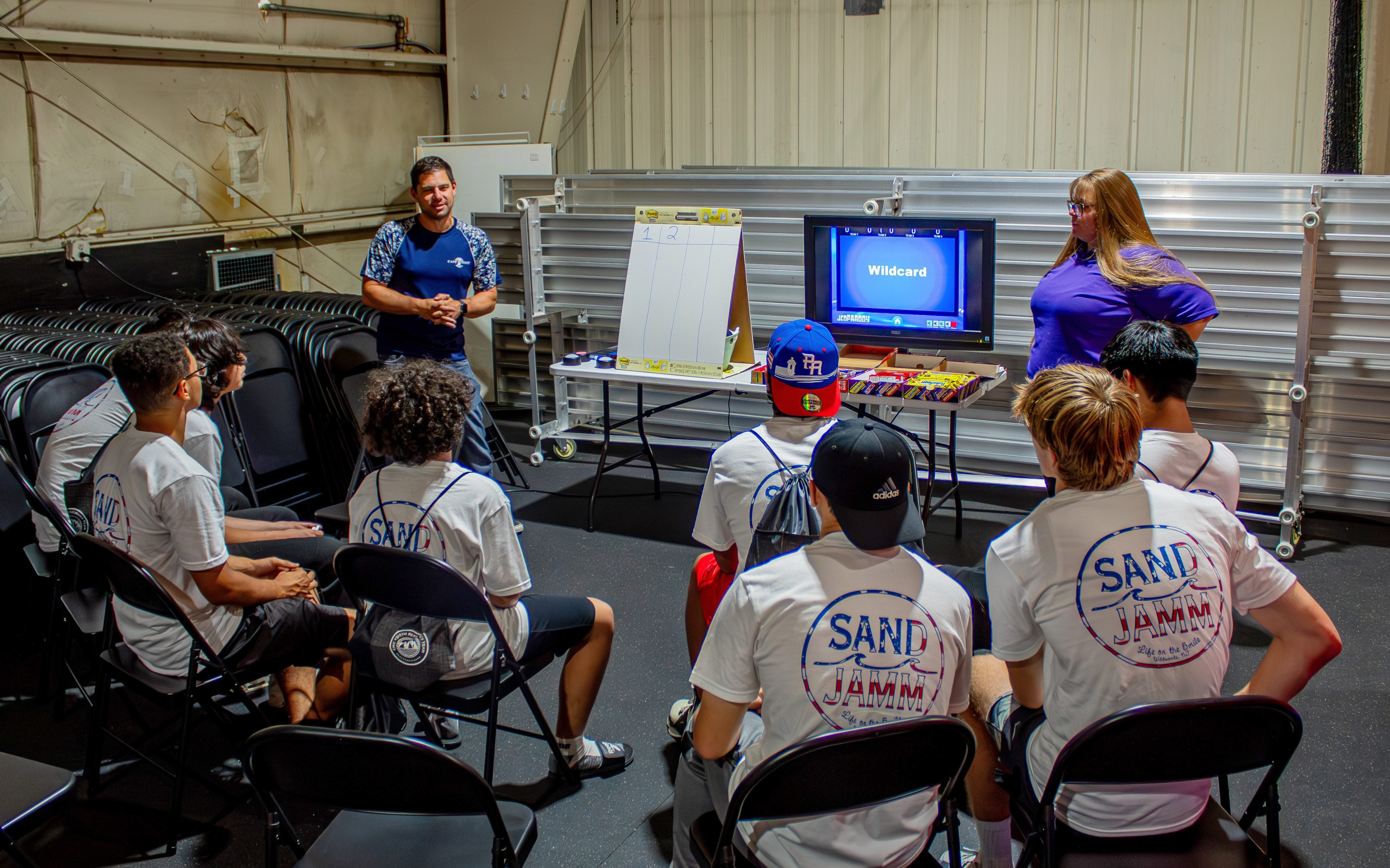
Students in this innovative program are mastering a powerful five-step approach designed to support and uplift their peers during challenging times. The comprehensive strategy empowers young people to become proactive mental health allies, teaching them how to effectively recognize, respond, and reinforce support for classmates experiencing emotional distress.
The program's unique methodology focuses on five critical steps: first, learning to notice subtle signs of struggle, then courageously asking direct and compassionate questions. Participants are trained to listen empathetically, create meaningful connections, and ultimately guide their peers toward seeking help from a trusted adult who can provide professional support.
By equipping students with these essential interpersonal skills, the program aims to create a supportive school environment where mental health awareness and peer support are prioritized. Through this approach, young people are transforming into compassionate advocates who can make a real difference in their school community.

